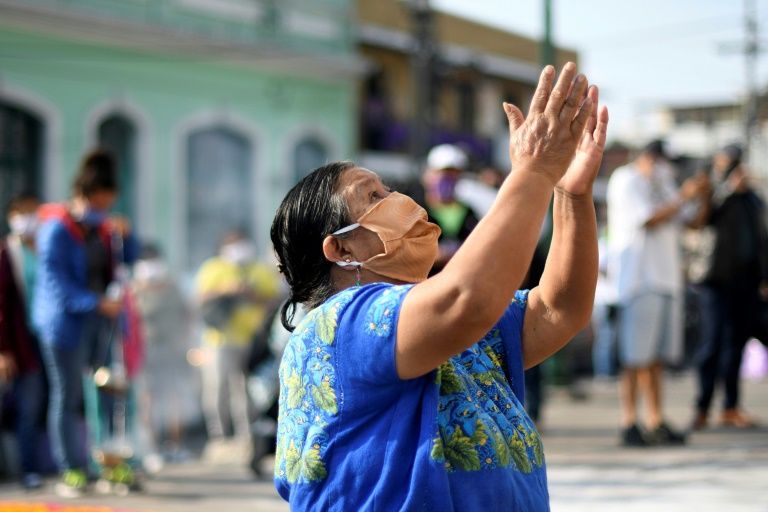Obama faces showdown with Putin at G-20 summit over Syria
The rift over Syria could overshadow a summit of the Group of 20 (G20) developed and developing economies in St. Petersburg at which global leaders want to forge a united front on growth, trade, banking transparency and fighting tax evasion.
U.S. President Barack Obama faced growing pressure from world leaders not to launch military strikes in Syria on Thursday at a summit on the global economy that was eclipsed by the conflict.
The Syrian crisis is not on the official agenda for the two-day Group of 20 global economic summit in Saint Petersburg, but leaders are expected to discuss it on the sidelines.
China warned on Thursday that military intervention in Syria would hurt the world economy and push up oil prices, reinforcing Vladimir Putin\’s attempts to talk U.S. President Barack Obama out of air strikes.
President Obama is seeking broader support, both at home and abroad, for military strikes against Syria\’s government for allegedly using chemical weapons on its civilians.
A day before the G20 summit, a key U.S. Senate panel approved a plan that would call for limited strikes lasting no more than 90 days. The measure, which also rules out deploying U.S. ground troops to Syria, must still pass both houses of Congress.
Obama said Wednesday during a visit to Sweden that the credibility of the international community is on the line if it does not respond to the actions of Syrian President Bashar al-Assad.
Russia, Syria\’s main supplier of arms, and China have already vetoed three U.N. Security Council resolutions that would have punished President Assad\’s government.
Speaking ahead of the summit, Chinese Vice Foreign Minister Zhu Guangyao said Thursday any military action against Syria would cause a hike in oil prices and have a "negative impact" on the global economy.
On Wednesday, Russian President Vladimir Putin warned Western strikes without U.N. Security Council approval would be an unacceptable "aggression." But he said he would support a strike if there were "convincing" proof that Damascus used chemical weapons.
U.S. intelligence says over 1,400 people died last month in a sarin nerve gas attack on a Damascus suburb controlled by opponents of Assad. The White House says the attack was carried out by the government. Syria denies this, saying any poison gas was used by rebels.
France has strongly backed the US plan for military action, and the French parliament debated the issue on Wednesday, although no vote was due to be held.
Meanwhile, Syrian rebels have launched an assault on the religiously mixed village of Maaloula, held by government forces.
A Christian nun in Maaloula told the Associated Press news agency that the rebels had seized a mountaintop hotel and were shelling the community below.
The U.S. Senate Foreign Relations Committee has authorised the use of military force against Syria for allegedly using chemical weapons.
By 10-7, the Senate Committee on Foreign Relations moved the measure to a full Senate vote, expected next week.
The much-debated measure allows the use of limited military force in Syria for 90 days,
It also prevents the use of US troops on the ground.
Despite Wednesday\’s vote, the bill\’s fate in the wider Senate is still unclear.
So far, only 21 senators have said they support or are likely to support the resolution, according to a tally by ABC News.
Thirteen have said they oppose or are likely to oppose the resolution, while 66 votes are undecided or unknown.
More than 100,000 people are estimated to have died since the conflict erupted in Syria in March 2011, and the conflict has produced at least 1.7 million refugees.
Source: Agencies
[do_widget_area inner_adsbar]










